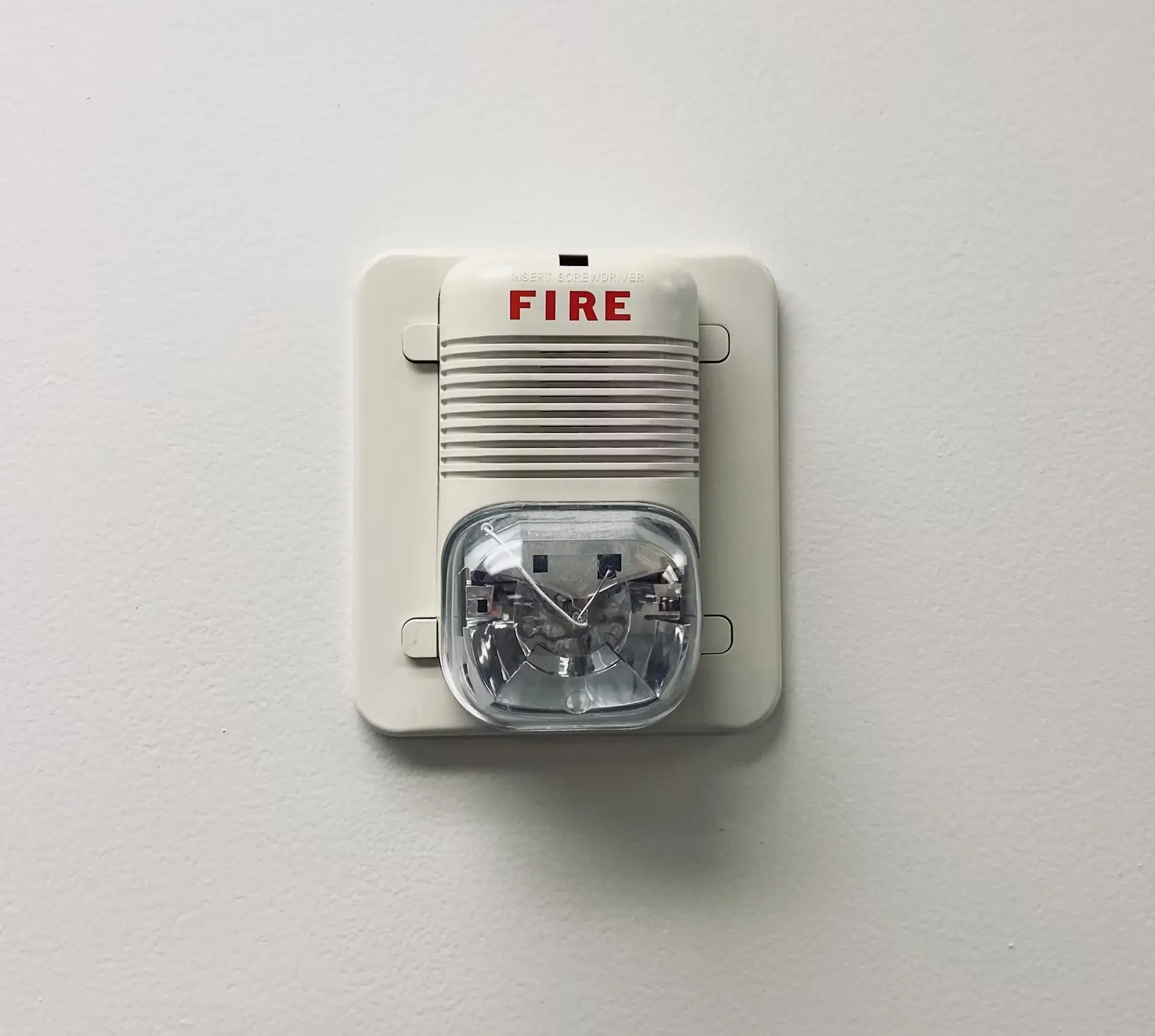
How Many Fire Alarms Do I Need?
When it comes to fire safety, one of the first questions many property owners ask is: “How many fire alarms do I need?” It’s a crucial question, as having the right number of fire alarms is key to providing timely alerts in the event of a fire.
Understanding Fire Alarm Basics
What is a Fire Alarm?
A fire alarm is a device that emits a loud sound to alert occupants of a building to the presence of a fire, allowing them to evacuate safely.
Importance of Fire Alarms
Fire alarms save lives. They are the first line of defense against the dangers of fire, reducing the risk of fatalities and property damage.
Legal Requirements for Fire Alarms
National Regulations
In the United States, the National Fire Protection Association (NFPA) provides guidelines on the minimum number of fire alarms required in residential and commercial buildings.
Local Fire Safety Codes
Different states and municipalities might have additional requirements or modifications to the national guidelines.
Factors Influencing the Number of Fire Alarms
Size and Layout of the Building
Larger buildings with complex layouts require more fire alarms to cover all areas adequately.
Number of Floors
Multi-story buildings need at least one fire alarm per floor.
Room Usage
Rooms with higher fire risks, such as kitchens and laundry rooms, might need dedicated fire alarms.
Recommended Number of Fire Alarms for Different Building Types
Residential Properties
A typical home should have a fire alarm outside each sleeping area, in every bedroom, and on every level, including the basement.
Commercial Buildings
The number of fire alarms in commercial settings can vary greatly depending on the building’s use and size.
Special Structures
Buildings like hospitals and schools often have specific requirements that exceed standard regulations.
Installation Tips for Fire Alarms
Ideal Locations for Fire Alarms
Install fire alarms on ceilings or high on walls, as smoke rises.
Installation Height
Fire alarms should be installed at least 4 inches from the wall on ceilings and 4 to 12 inches from the ceiling on walls.
Avoiding False Alarms
Keep fire alarms away from kitchens and bathrooms to prevent false alarms triggered by steam and cooking smoke.
Maintaining Your Fire Alarms
Regular Maintenance Checks
Test your fire alarms monthly and replace batteries annually or as needed.
When to Replace Fire Alarms
Fire alarms should be replaced every 10 years or according to the manufacturer’s instructions.
Advanced Fire Alarm Systems
Smart Fire Alarms
These systems connect to your home Wi-Fi and can send alerts to your phone.
Integrated Fire Safety Systems
Larger buildings often benefit from systems that integrate fire alarms with other security measures like sprinkler systems and emergency lighting.
Common Questions about Fire Alarm Installation
This section would address frequent concerns and queries from property owners regarding installation best practices.
Conclusion
Understanding the number of fire alarms required for your building is essential for ensuring adequate fire safety coverage. For more information on fire alarm systems, get in touch with Advanced Protection Systems today.
